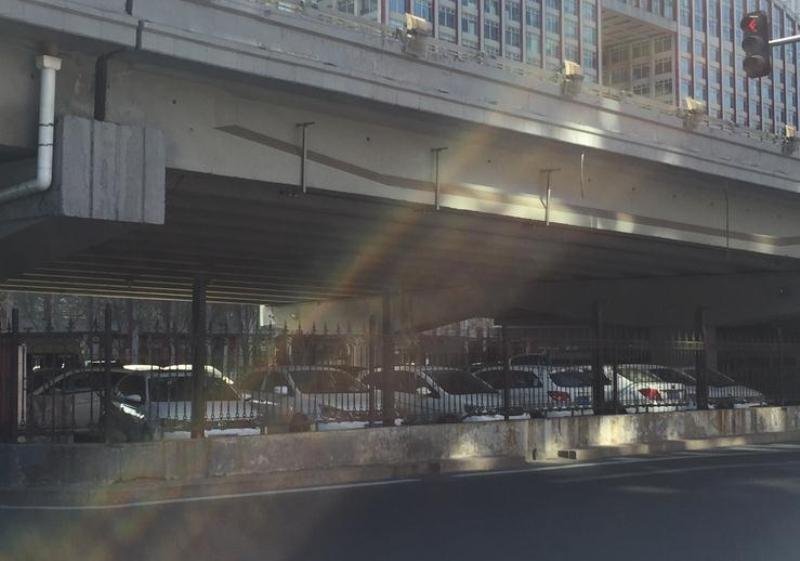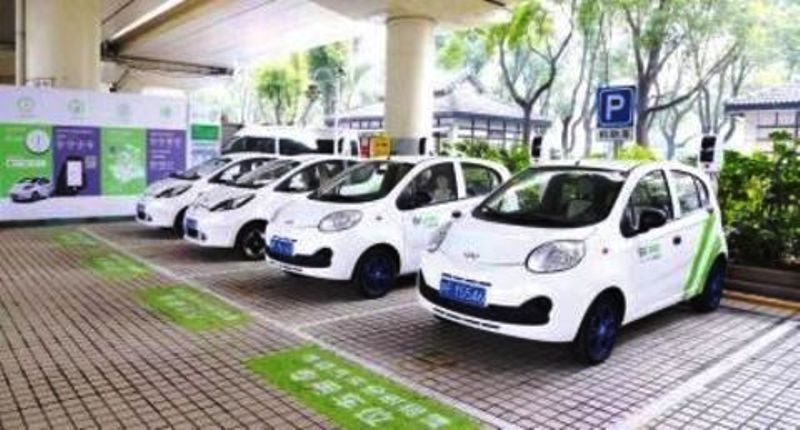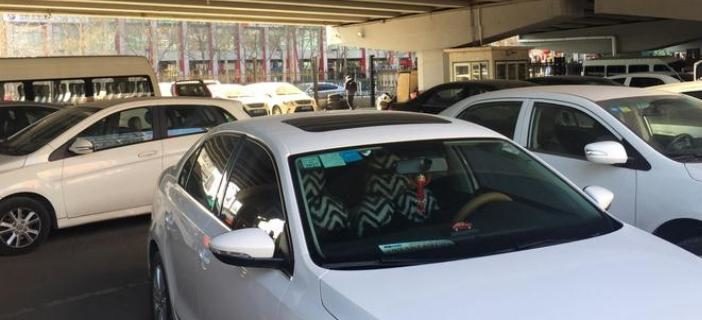Beijing’s sharing economy has taken a huge step forward with the recent announcement that some 5,000 electric cars will be available to rent on a time-sharing basis in the city within two years.
By using the Gofun App, Beijing residents will be able to rent an electric car at a rate of just 1 yuan/hour.
With some 1,100 cars already available in Beijing, Gofun will add another 2,000 cars by the end of this year, and another 3,000 by the end of 2018.
Making this car-sharing service especially practical is that they will be available in the capital’s central district. 40 to 50 locations along the Second and Third Ring Road are planned to be converted into retrieval and parking locations for the electric cars.

These locations, which will make use of vacant space under overpasses and bridges of the ring roads, will also be equipped with electric car recharging stations in order to broaden the recharging network for Beijing’s growing electric car user base.
Renting an electric car using Gofun is very similar to the Ofo and Mobike online-to-offline (O2O) services that have taken off over the past few weeks in Beijing.
READ: Are China’s Bike-Sharing Platforms Really Part of the Sharing Economy?
After downloading the app, Gofun users will register on their phone using their personal identification and driver’s license. After authentication, which takes just one hour, users will be given GPS-based directions on how to locate their rental car, which will honk upon their arrival.
Previous plans called for a payment rate of 1 yuan/1 kilometer. Additionally, users were offered a flat fee payment option of 10 yuan that would free the user of having to pay any car damages in case of accident of up to 1,500 yuan.

Gofun’s big emergence comes after last year’s merger of heated Chinese ride-sharing competitors Uber and Didi Chuxing. Meanwhile, some analysts are predicting that the current competition between Ofo and Mobike will also result in a merger.
READ: Infographic: Differences Between Ofo and Mobike
Gofun currently operates in four Chinese cities, and has future plans to extend its Beijing network outward to include neighboring Tianjin and parts of Hebei.
For a city as polluted as Beijing, any initiative to promote alternative energy comes as a breath of fresh air. City authorities have encouraged electric car use by lifting licensing quotas for electric car users.
It’s not clear if this service will be offered to expats living in Beijing.
More stories from this author here.
This post originally appeared on our sister site, thebeijinger.com.




